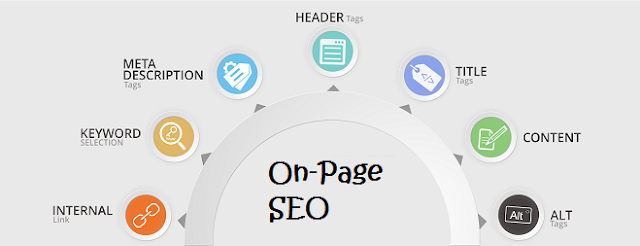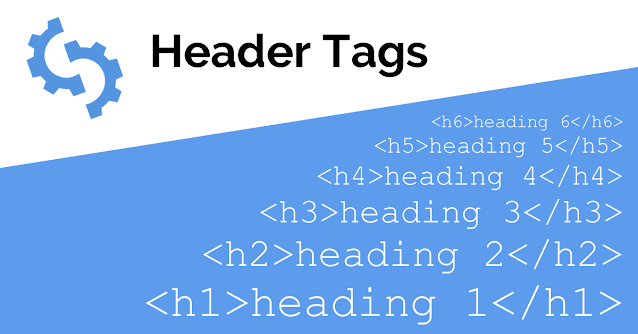Learn what on-page SEO is, why it's vital, and 10 of the most crucial on-page SEO aspects you should pay attention to in order to succeed.
To be successful in organic search today, you must optimise for a variety of characteristics that search engines value, including technical, on-page, and off-page variables.
What Is On-Page SEO and How Does It Work?
On-page SEO (sometimes referred to as on-site SEO) is the process of optimising web pages in order to increase a website's search engine ranks and generate organic traffic.
On-page SEO comprises optimising your headlines, HTML elements (title, meta, and header), and images in addition to posting relevant, high-quality content. It also entails ensuring that your website possesses a high level of competence, authority, and credibility.
It considers a variety of factors on a webpage that, when combined, will boost your website's visibility in search results.
The Importance of On-Page SEO
On-page SEO is crucial because it aids search engines in comprehending your website and its content, as well as determining whether it is relevant to a searcher's query.
In search engine results pages, relevancy and semantics are becoming increasingly important as search engines get more sophisticated (SERPs).
With its variety of complex algorithms, Google is now far better at:
- Understanding what users are looking for when they type in a search query.
- Providing search results that are relevant to the user's search query (informational, shopping, navigational).
Adapting to this change is critical, and you can do so by ensuring that your website and content – both what is visible to users on your webpages (text, images, video, or audio) and elements that are only visible to search engines (HTML tags, structured data) – are well-optimized according to the latest best practises.
Furthermore, you can't just disregard on-page SEO because you have more control over on-site aspects than you have with off-page SEO, which relies on external signals (i.e., backlinks).
You'll observe an increase in traffic and a rise in your search presence if you put work into on-page methods.
This guide will take you through the most critical on-page SEO aspects.
Focusing on these ten areas can help you boost your content and authority, as well as your rankings, traffic, and conversions.
1 E-A-T
Expertise, Authoritativeness, and Trustworthiness (E-A-T) is the framework that Google raters use to evaluate content providers, webpages, and entire websites.
High-quality content has long been a priority for Google. It wants to ensure that sites that provide high-quality content are rewarded with higher ranks, while low-quality content sites are penalised.
There is a direct link between what Google regards to be high-quality content and what appears in search results.
Whatever you want to call it — correlation or causation – E-A-T is influencing Google's organic search results in some way. As a result, E-A-T must be factored into your SEO approach.
2. Title Tag
The title tag, which is an HTML tag found in the head section of each webpage, serves as an initial cue or context for the topical subject matter of the page it is on.
It is prominently displayed in both the search engine results pages (usually as a clickable link) and the browser window.
Because the title tag has little impact on organic rankings on its own, it is frequently neglected.
However, title tags that are missing, duplicated, or badly written can all have a detrimental impact on your SEO results, so make sure you're optimising for it.
3. Meta Description
Correctly optimising the meta description can help you:
- Click-through rate (CTR).
- Perception of the result's quality.
- All of your visitors' perceptions of what your website has to offer shift.
4. Use of headlines
5. Tags in the Header
They can have an indirect effect on your rankings by:
- Making it easier and more pleasurable for people to read your information.
- Providing search engines with keyword-rich context about your content.
6. Search Engine Optimization Writing
7. Keyword Cannibalization
8. Audit of Content
Auditing your current material is important since it allows you to:
- Examine whether your current content is accomplishing its objectives and providing a return on investment.
- Determine whether the information in your material is current or has become outdated (or even outdated).
- Determine which content kinds are most effective for you.
9. Image Optimization
- Additional options for ranking (show up on Google Image Search).
- A more pleasant user experience.
- Page load times are faster.









No comments:
If you have any doubts, Please let me know